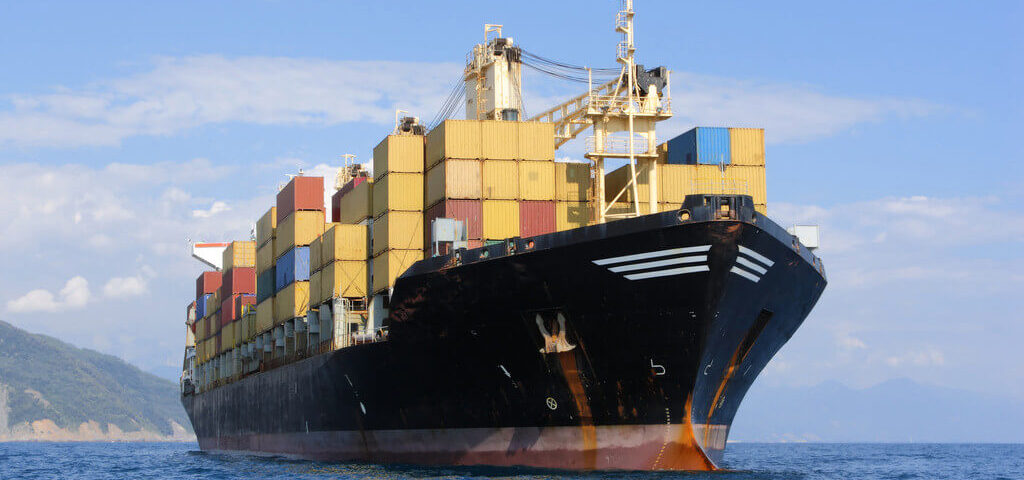The Unsung Heroes of Global Trade: Why Ships are Crucial for Commerce. Introduction, global trade has been the driving force behind the growth and development of many countries. It has helped economies to prosper and has allowed individuals and businesses to access goods and services from all around the world. However, one unsung hero that is often overlooked in the world of global trade is ships. Ships are the backbone of global trade and commerce, and they play a crucial role in facilitating international trade.
Importance of Ships in Global Trade
The vast majority of global trade is conducted through shipping, with approximately 90% of global trade being transported by ships. Ships are capable of carrying large volumes of goods, making them ideal for transporting bulk cargo such as oil, coal, and raw materials. They provide access to markets around the world, making it possible for businesses to source goods and materials from any location. Ships also play a critical role in facilitating international trade by providing a cost-effective and efficient means of transportation.
Benefits of Shipping for Global Trade
- Cost-effective: Shipping is one of the most cost-effective means of transporting goods over long distances, especially for bulk cargo. • Eco-friendly: Shipping has a significantly lower carbon footprint compared to other modes of transportation such as air and road transportation.
- Safe and reliable: Ships are designed to withstand harsh weather conditions and are equipped with state-of-the-art safety equipment to ensure the safety of both crew members and cargo.
- Access to remote locations: Shipping makes it possible for businesses to access remote locations that are not accessible by other means of transportation.
- Support for local economies: Shipping supports local economies by providing jobs in ports, shipbuilding, and other related industries.
> > > What are the most common types of ships? > > >
Challenges Faced by the Shipping Industry
Piracy: Piracy is a significant threat to the shipping industry, particularly in areas such as the Gulf of Aden, off the coast of Somalia, and in the South China Sea.
- Weather conditions: The shipping industry is highly dependent on weather conditions, and harsh weather conditions can lead to delays, damages, and loss of cargo.
- Environmental regulations: The shipping industry is subject to strict environmental regulations, and non-compliance can result in hefty fines and damage to the company’s reputation.
- Crew shortages: There is a shortage of qualified crew members in the shipping industry, which can lead to increased labor costs and reduced efficiency.
- Cybersecurity threats: The shipping industry is vulnerable to cybersecurity threats, including cyber-attacks, data breaches, and ransomware attacks.
Future of Shipping in Global Trade
Automation: Automation is set to revolutionize the shipping industry, with the introduction of autonomous vessels and other technologies set to increase efficiency and reduce costs. • Green Shipping: The shipping industry is taking steps to reduce its carbon footprint, with the development of low-emission ships, the use of alternative fuels, and the adoption of eco-friendly practices. • Digitalization: The shipping industry is becoming increasingly digital, with the use of technologies such as blockchain and the Internet of Things (IoT) set to transform the industry.
Increased competition: The shipping industry is set to become more competitive in the future, with new players entering the market and established players competing to stay ahead.
> > > Ship Repair in Turkey > > > Our Ship Repair Services
Ships are the unsung heroes of global trade and commerce, playing a critical role in facilitating international trade. They provide access to markets around the world, making it possible for businesses to source goods and materials from any location. Shipping is also one of the most cost-effective means of transporting goods over long distances, making it an essential part of the global economy. While the shipping industry faces several challenges, such as piracy, weather conditions, and environmental regulations, it is also set to benefit from new technologies such as.


